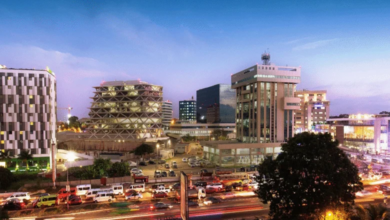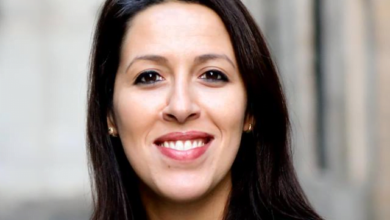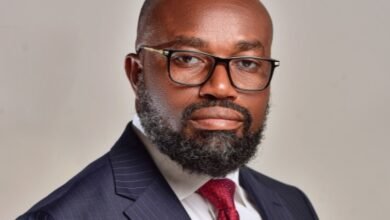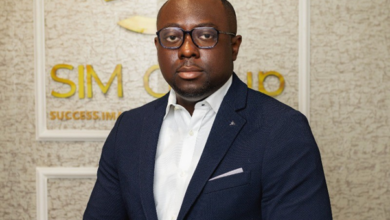Conrad Tucker, Director of CMU-Africa : « Africa needs innovators »
For more than a decade, Carnegie Mellon University Africa (CMU-Africa) in Kigali has been training the future leaders of artificial intelligence and information technology on the continent. With students from over 25 African countries, the pan-African institution offers unique expertise to develop AI tailored to African needs, languages, and realities. Interview with Conrad Tucker, Director of CMU-Africa.
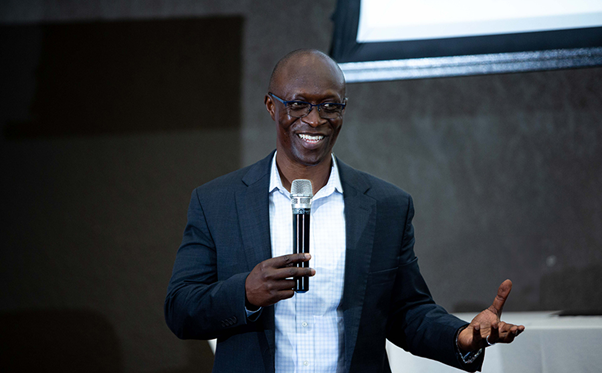
Can you introduce CMU-Africa and its mission on the continent?
CMU-Africa has been operating for more than a decade and positions itself as a pan-African university. We welcome students from over 25 African countries, including Francophone, Anglophone, and Lusophone nations, offering a unique cultural and linguistic diversity. Our programs focus exclusively on master’s degrees: information and communication technology (ICT), electrical engineering, and more recently, artificial intelligence.
What does African artificial intelligence mean to you? What does it inspire in you?
It is about creating value through AI to address challenges specific to Africa. In education, for example, AI allows students far from their schools to receive personalized feedback through intelligent agents that adapt content to their needs. This accelerates learning and democratizes access to knowledge.
In the health sector, AI can serve as an advanced triage system, identifying potential anomalies in a patient and forwarding them to a doctor for diagnosis. The goal is to make these tools accessible and useful to everyone across key sectors, from agriculture to financial inclusion.
How does CMU-Africa contribute to the emergence of this African AI?

Developing African AI requires a deep understanding of algorithms, infrastructure, data, and processes. At CMU-Africa, we train students to master all these aspects and actively contribute to the global AI ecosystem. We want them to move beyond being consumers and become innovators capable of creating solutions adapted to African realities.
What challenges do you see for the development of AI in Africa?
One of the main challenges is access to talent and adequate infrastructure. It is also necessary to build reliable African datasets, develop ethical standards, and ensure the preservation of local languages and cultures. Inclusion is essential: every citizen, including those living in rural or non-schooled areas, must be able to benefit from AI.
How does CMU-Africa concretely help address these challenges?
We offer intensive and technical training programs tailored to the continent’s needs, and we collaborate with public and private institutions to create a sustainable ecosystem. Our students are thus equipped to develop innovative and inclusive solutions capable of positively impacting African economies and societies.
What impact do you hope to have on the future of African AI?
We want Africa to become a key player in global artificial intelligence, with solutions created locally and exportable globally. Education, innovation, and inclusion are the pillars of this vision.



